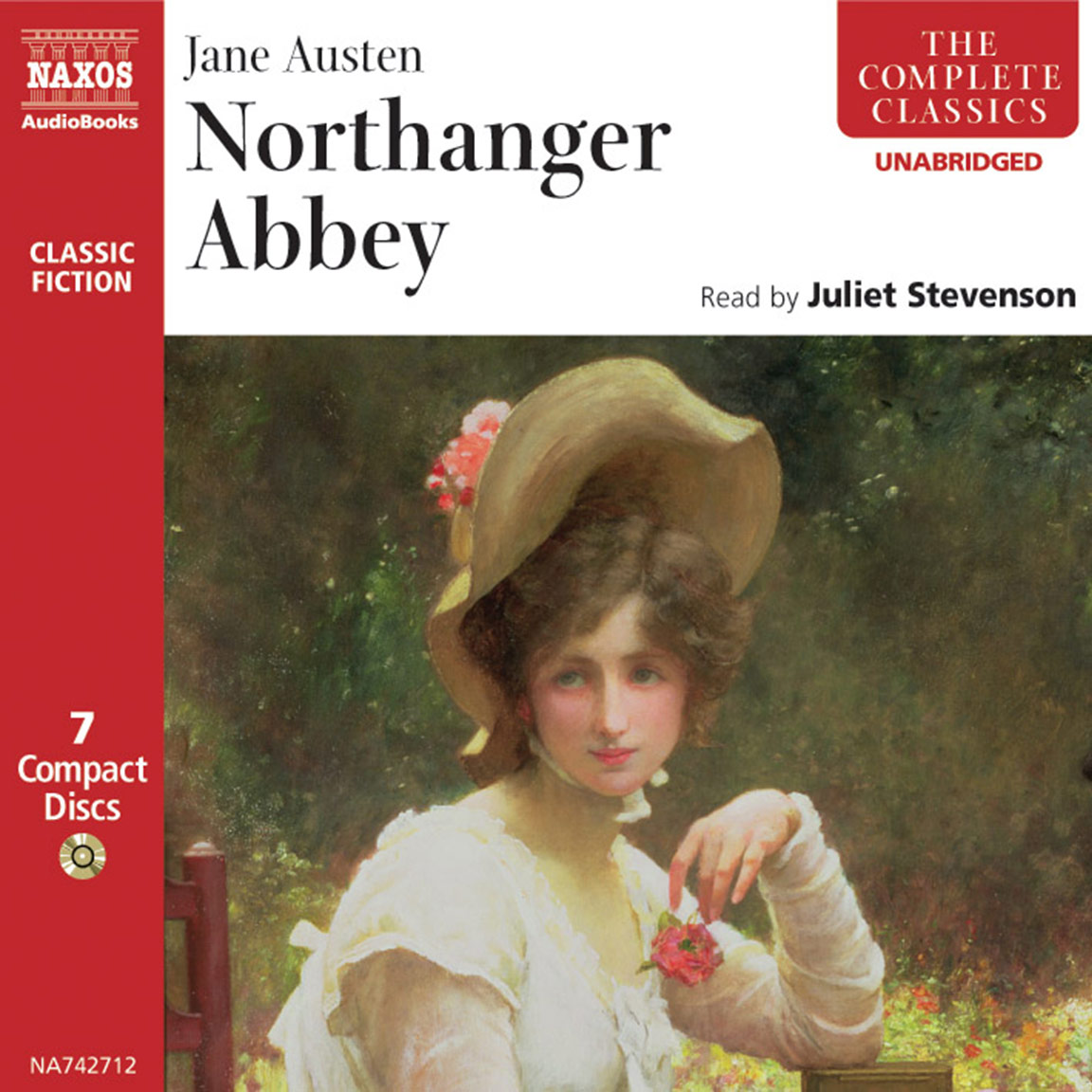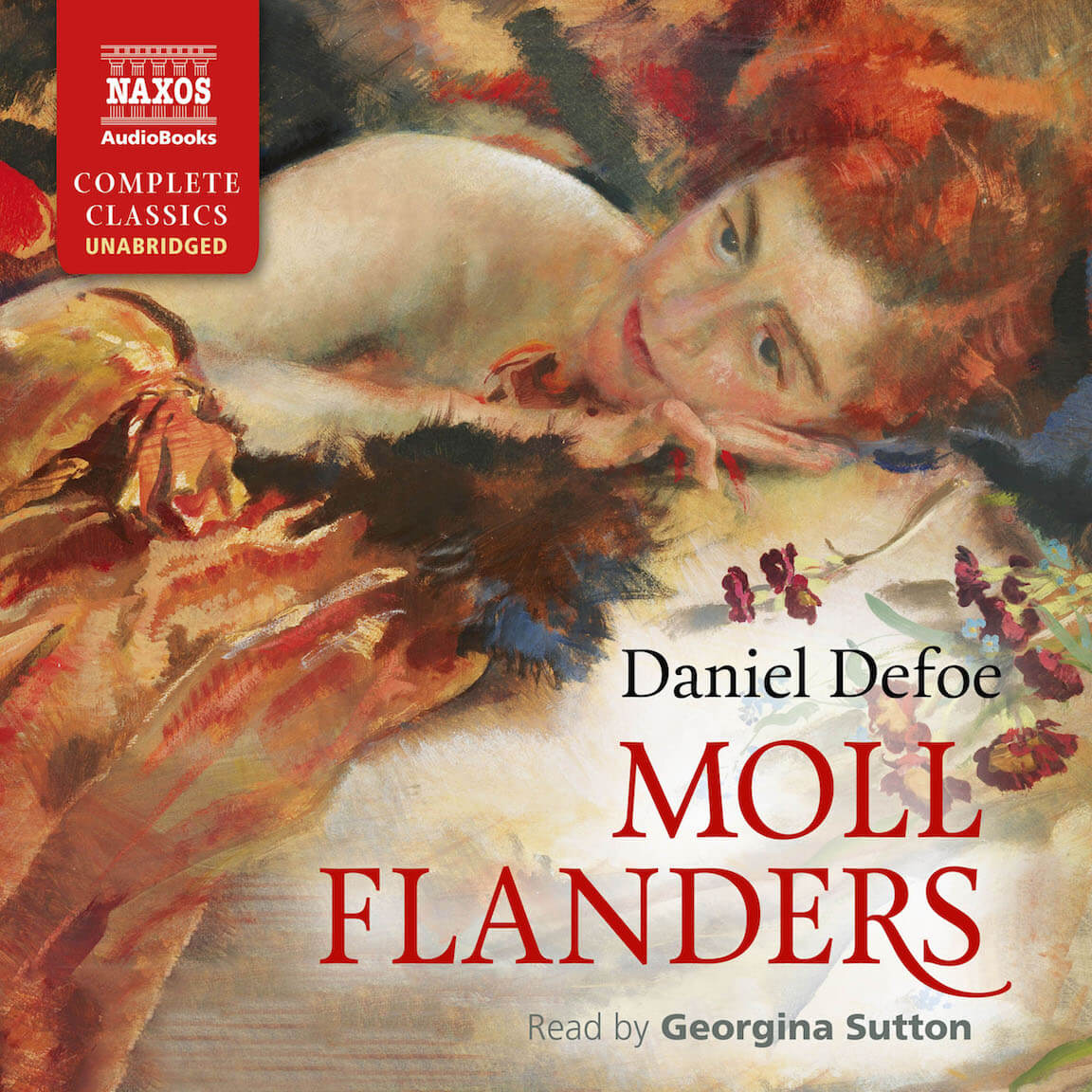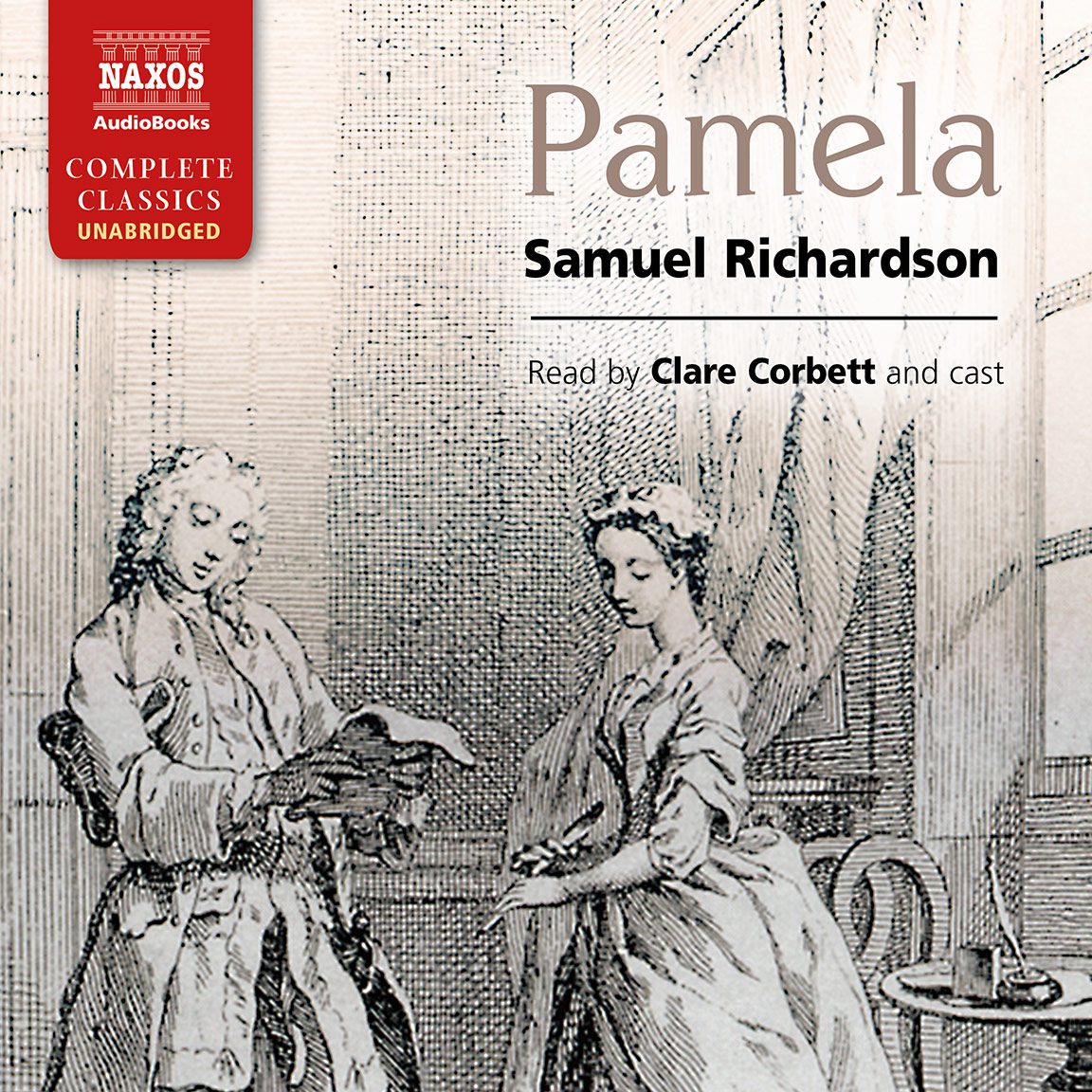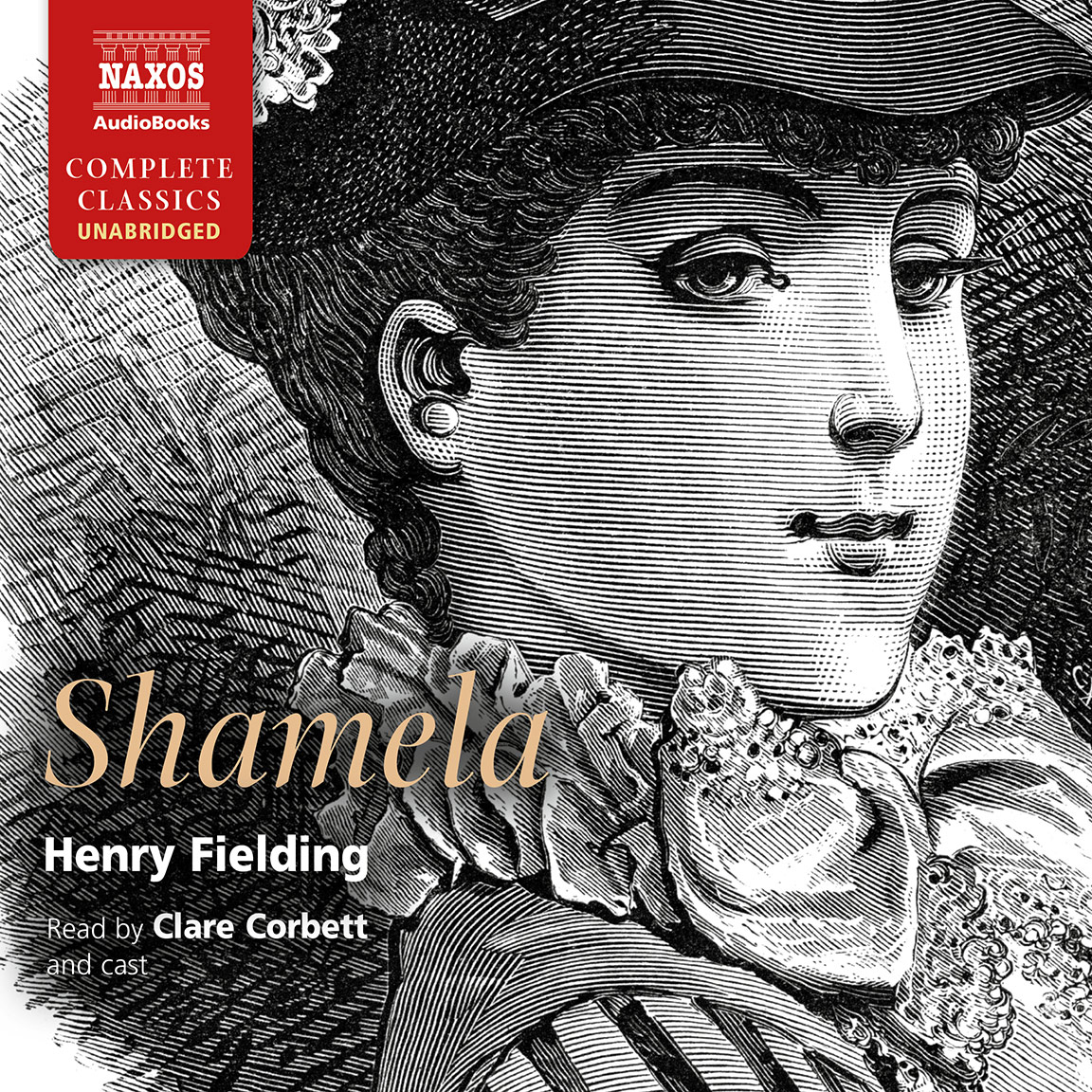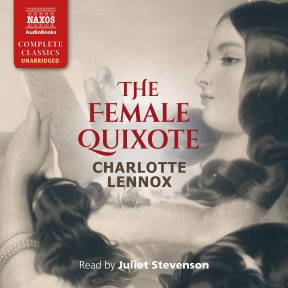
Audio Sample
Charlotte Lennox
The Female Quixote
Read by Juliet Stevenson
unabridged
Young, wealthy Arabella is obsessed with French romances: brought up by a reclusive widowed father in an isolated castle, she has educated herself through their pages, and been led to believe that their dramas and absurdities are reality. She blindly adheres to their example and interprets her everyday life through their lens, thinking that life consists of uncontrollable passions and murderous violence, and that any man would die for her. Thus she embarks on a series of hilarious misadventures, insistent on the reality of her imaginary world, like Don Quixote before her.

-
Running Time: 17 h 25 m
More product details
Digital ISBN: 978-1-78198-256-3 Cat. no.: NA0406 Download size: 394 MB Produced by: John Foley Executive Producer: Genevieve Helsby Edited by: Sarah Butcher BISAC: FIC004000 BIC: FC Released: March 2020 -
Listen to this title at Audible.com↗Buy on CD at Downpour.com↗Listen to this title at the Naxos Spoken Word Library↗
Due to copyright, this title is not currently available in your region.
You May Also Enjoy
Reviews
Winner of AudioFile Earphones Award
Don Quixote has been adapted or parodied many times over the centuries, and this 1752 version by Charlotte Lennox holds up pretty well as read by Juliet Stevenson. (It was also one of the inspirations for Jane Austen’s Northanger Abbey.) Lady Arabella has read too many romances, and, having grown up in isolation in the country, she interprets them as history. Stevenson takes us through the novel’s episodes with a series of characters who must cope with Arabella’s delusions. All the characters come vividly to life, particularly the increasingly exasperated Charles Glanville, Arabella’s would-be fiancé, who tries to spare her from the consequences of her nutty actions. Stevenson’s reading heightens the humour and the pathos, and may help popularise this novel among today’s listeners.
D.M.H., AudioFile
Henry Fielding and Samuel Johnson raved its praises, and it helped inspire Jane Austen to write her first novel. Written when its author was in her early twenties, Lennox’s 1752 comedy of manners is a spirited sendup of Cervantes, in which Arabella, a young noblewoman too long closeted with antique French romances comes out into a society entirely out of step with her fanciful expectations. Portrayed with wide-eyed wonder and inexhaustible incredulity by the masterful Juliet Stevenson, the naive Arabella is ridiculous but not unsympathetic, and we join with her long-suffering suitor Glanville in being both exasperated and charmed by her staggering pretensions as he doggedly attempts to guide her gently back to good sense, even as his devious rival Bellmour coddles her fancies. Stevenson performs an invaluable service for the listener by clearly distinguishing Lennox’s routinely elevated prose from her heroine’s still more lofty flights of fancy, elucidating thereby many comic situations that might otherwise be lost on the contemporary reader. Stevenson’s mellifluous tone and expert phrasings capture all the musicality and wit of Lennox’s elaborate, prolix style.
David Wright, Booklist

